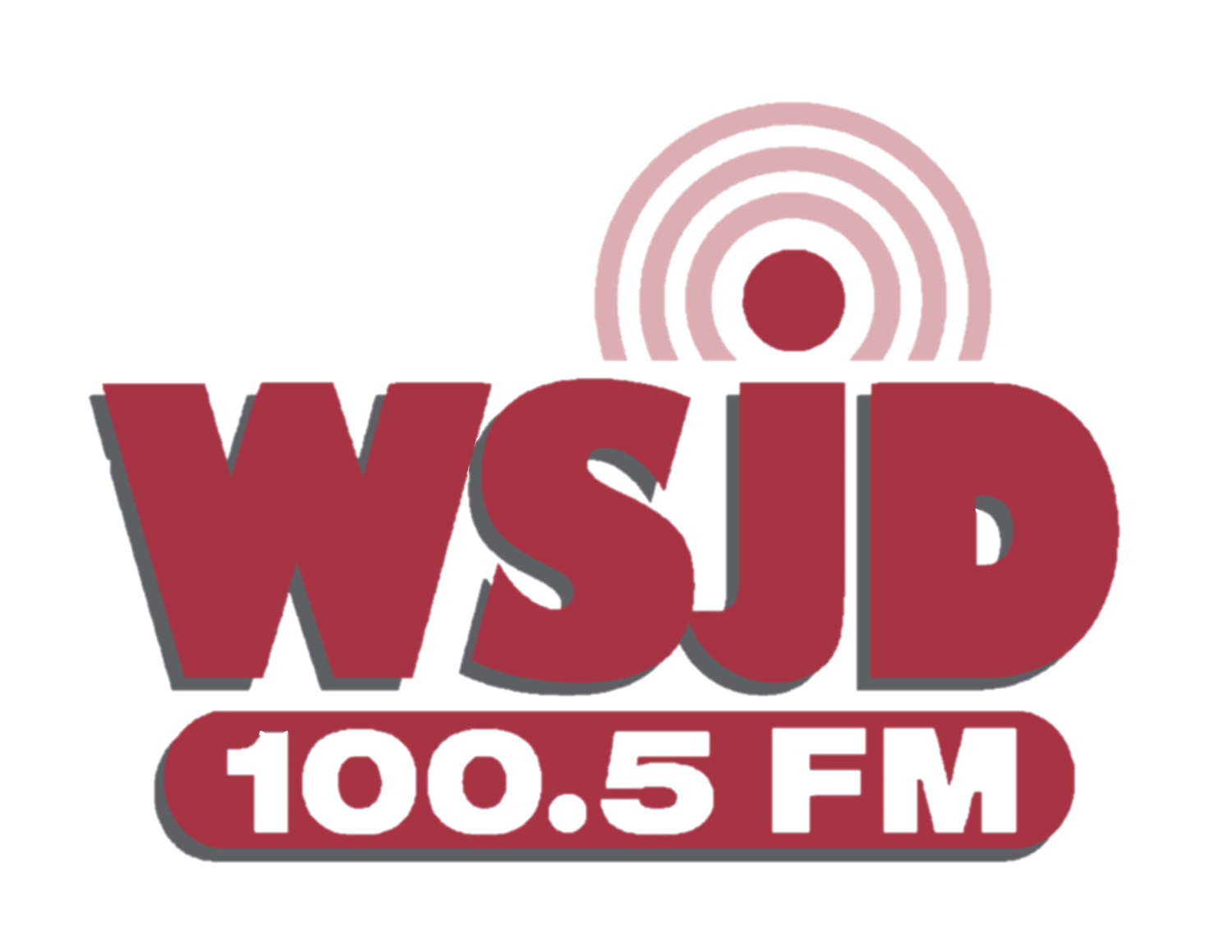CHICAGO – Building on efforts to protect Illinois’ workers and communities in response to the ongoing COVID-19 pandemic, Governor JB Pritzker announced that the Illinois Department of Public Health (IDPH) will file emergency rules for businesses, schools, and child care establishments regarding the use of face coverings and the size of gatherings. The governor also signed SB471 to help protect workers who continue to serve on the frontlines of the fight against COVID-19.
“As I’ve visited with and listened to mayors and health departments all across our state, it’s clear there is still an even greater need to get people to wear masks – especially to protect frontline workers, whether they’re at the front of a store asking you to put on your mask or whether they’re responding to 911 calls to save those in distress,” said Governor JB Pritzker. “These rules, which provide multiple opportunities for compliance before any penalty is issued, are a commonsense way to enforce public health guidelines. Illinois has made substantial progress in our fight against COVID-19 because the vast majority of communities and business owners have done the right thing. These rules will help ensure that the minority of people who refuse to act responsibly won’t take our state backward.”
“We know that face coverings are key to helping prevent the spread of COVID-19, but it only works if everyone wears them,” said IDPH Director Dr. Ngozi Ezike. “We are seeing cases increasing each day and hearing about people not complying with the masking mandate. This rule is an effort to help keep all of us healthy and decrease the risk of contracting COVID-19.”
NEW IDPH COVID-19 EMERGENCY RULES
In an effort to maintain the progress we have made in Illinois’ COVID-19 pandemic response, the Pritzker administration is filing emergency rules for businesses, schools, and child care establishments regarding the use of face coverings and the size of gatherings.
These rules provide multiple opportunities for compliance before any penalty is issued, giving local health departments and local law enforcement more leeway to support community public health in a productive manner. While existing, pre-pandemic enforcement laws, like revoking a license, are stringent and severe, these rules provide flexibility for local communities and a measured process to help keep people safe.
That process is as follows:
First, businesses will be given a warning in the form of written notice and encouraged to voluntarily comply with public health guidance.
Second, businesses that do not voluntarily comply will be given an order to have some or all of their patrons leave the premises as needed to comply with public health guidance and reduce risks.
Third, if the business continues to refuse to comply, the business can receive a class A misdemeanor and be subject to a fine ranging from $75-$2,500.
These rules do not apply to individuals and penalties will not exceed a misdemeanor and a $75-$2,500 fine.
The emergency rules also reinforce the authority of IDPH and local health departments to investigate COVID-19 cases and reaffirm that businesses have a responsibility to cooperate with those investigations.
SENATE BILL 471
As Illinois’ essential workers continue to serve on the frontlines of the fight against COVID-19, Governor Pritzker signed SB 471 to expand workplace protections. To directly protect workers in retail, the law adds a penalty for assaulting or battering a retail worker who is conveying public health guidance, such as requiring patrons to wear face-coverings or promoting social distancing. This provision sends the message that it’s vitally important for workers to be both respected and protected while serving on the front lines.
“As we continue to adapt to the changes forced on us by the current pandemic, we have to also create a response that addresses the long-time issues it has exacerbated,” said Senate Majority Leader Kimberly A. Lightford. “Our essential workers put their lives at risk for us to stay safe, and it is clear that we have to continue to do better to protect working class people with a renewed commitment to providing basic rights for everyone.”
“As our state faces the challenges created by the ongoing global pandemic, we are doing all we can to support and protect our front line and essential workers,” said State Representative Jay Hoffman. “This legislation allows front line workers that have been impacted by COVID-19 to focus on recovering while sending a clear message to all our essential workers that we are behind them and will do all we can to protect their safety and well-being.”
The law also increases paid disability leave for any injury that occurs after March 9, 2020 by 60 days for firefighters, law enforcement and paramedics whose recovery was hindered by COVID-19.
More specifically, eligible employees include:
Any part-time or full-time State correctional officer or any other full or part-time employee of the Department of Corrections
Any full or part-time employee of the Prisoner Review Board
Any full or part-time employee of the Department of Human Services working within a penal institution or a State mental health or developmental disabilities facility operated by the Department of Human Services
Any full-time law enforcement officer or full-time firefighter
These measure build upon the Pritzker administration’s efforts to protect the safety and livelihood of Illinois residents by continuing to enforce all labor laws during the pandemic.
SB 471 takes effect immediately.
